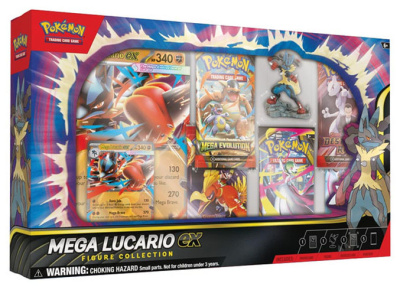
Best Buy, buffeted by competition from digital content, Amazon, and Apple, announced that it is closing 50 of its big box stores and laying off 400 employees in the next year, according to the Wall Street Journal. It will be expanding the number of smaller stores focused on selling mobile devices.
The company lost $1.7 billion in the most recent quarter, primarily related to the costs of closing its U.K. big box business,compared to a $651 million profit the year before. Same store, Website, and call center sales were down 2.4% despite a 21% increase in online sales.
Best Buy has been trying to figure out how to fill up its stores for the last several years. Responding to declining sales, it slashed the space it devotes to music and video rapidly due to declining sales, savaging specialty categories such as anime. It sells a lot of TVs, but sales on electronics have also been under pressure, both because of lower post-crash spending on electronic luxuries and due to the tough competition from Amazon, which does not charge sales tax, can ship without shipping charges in some cases, and has aggressive pricing. Best Buy is a big loser in the showrooming phenomenon whereby consumers roam retail stores with smartphones comparing prices, eventually ordering online. That leaves mobile, and Best Buy has been expanding the space it devotes to tablets and cellphones. Its new strategy appears to be moving toward a larger number of smaller stores going head to head against Apple stores (Best Buy also sells a lot of iOS devices) and other phone retailers.
For geek culture stores, the trend is clear—another big box competitor is shrinking. Like manga (see "Manga after Borders?"), the reduction in retail space devoted to video products may present an opportunity for stores serving the geek culture enthusiast.







